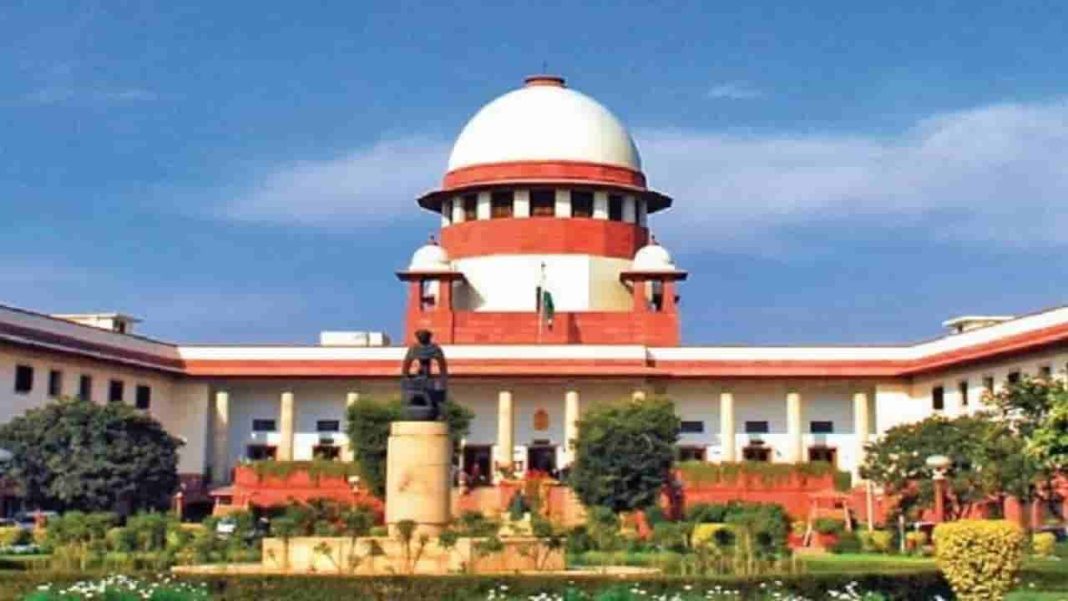The Supreme Court has decided to constitute a Constitution Bench for hearing the petition challenging practice of bigamy among Muslims at the right time.
The petition in this regard was mentioned before a Bench of Chief Justice of India (CJI) DY Chandrachud and Justices PS Narasimha and JB Pardiwala by Advocate Ashwini Upadhyay.
The CJI said that he will constitute a Constitution Bench that at an appropriate time, and have it decided.
As per the plea the practice of bigamy cannot be allowed for one religious community alone, when it is while prohibited for persons from other religions. It was thus requested for calling the practice as unconstitutional, oppressive towards women and opposed to equality.
The petition says that under Section 494 of Indian Penal Code (IPC) and Section 2 of Muslim Personal Law (Shariat) Application Act,1937, both of which enable Muslim men to take more than one wife, should be declared unconstitutional.
Section 494 of IPC states that whoever, having a husband or wife living, marries in any case in which such marriage is void by reason of its taking place during the life of such husband or wife, shall be punished with imprisonment of either description for a term which may extend to seven years, and shall also be liable to fine.
The petitioners requests that in any case in which such marriage is void by reasons of its taking place’ occurring in Section 494 of IPC be struck down.
The plea argues that the State should not make criminal law in such a manner that creates discrimination by making the same act which may be punishable for some, “enjoyable” for others.
The Petition states that penal action cannot be differentiated on the basis of religious practice and penal law has to be made applicable uniformly having no relation with personal law applicable to the offender.
The petitioners said that the Section 494 discriminates on the basis of religion, which is per se in violation of Article 14 and 15(1) of the Constitution of India.


